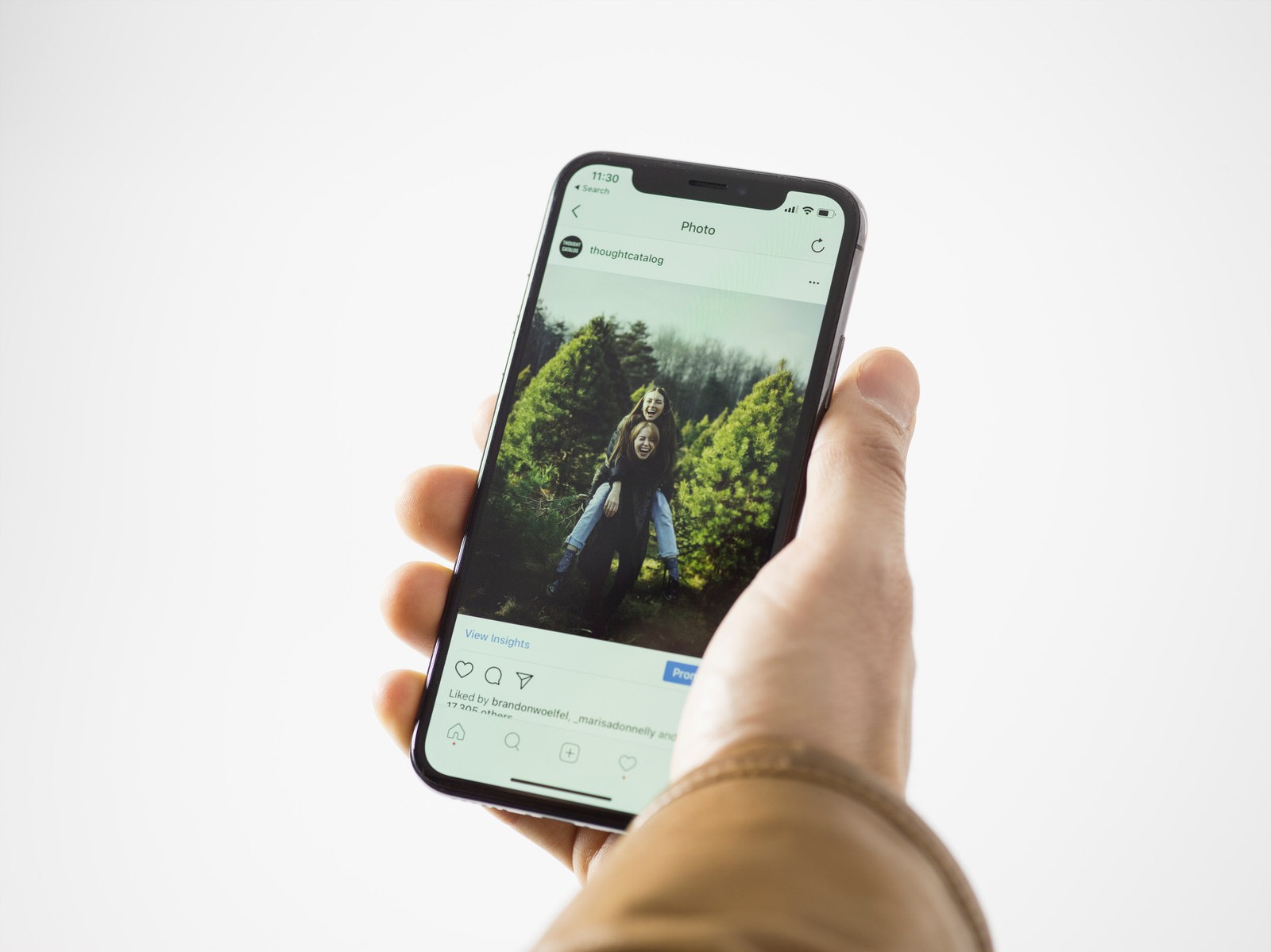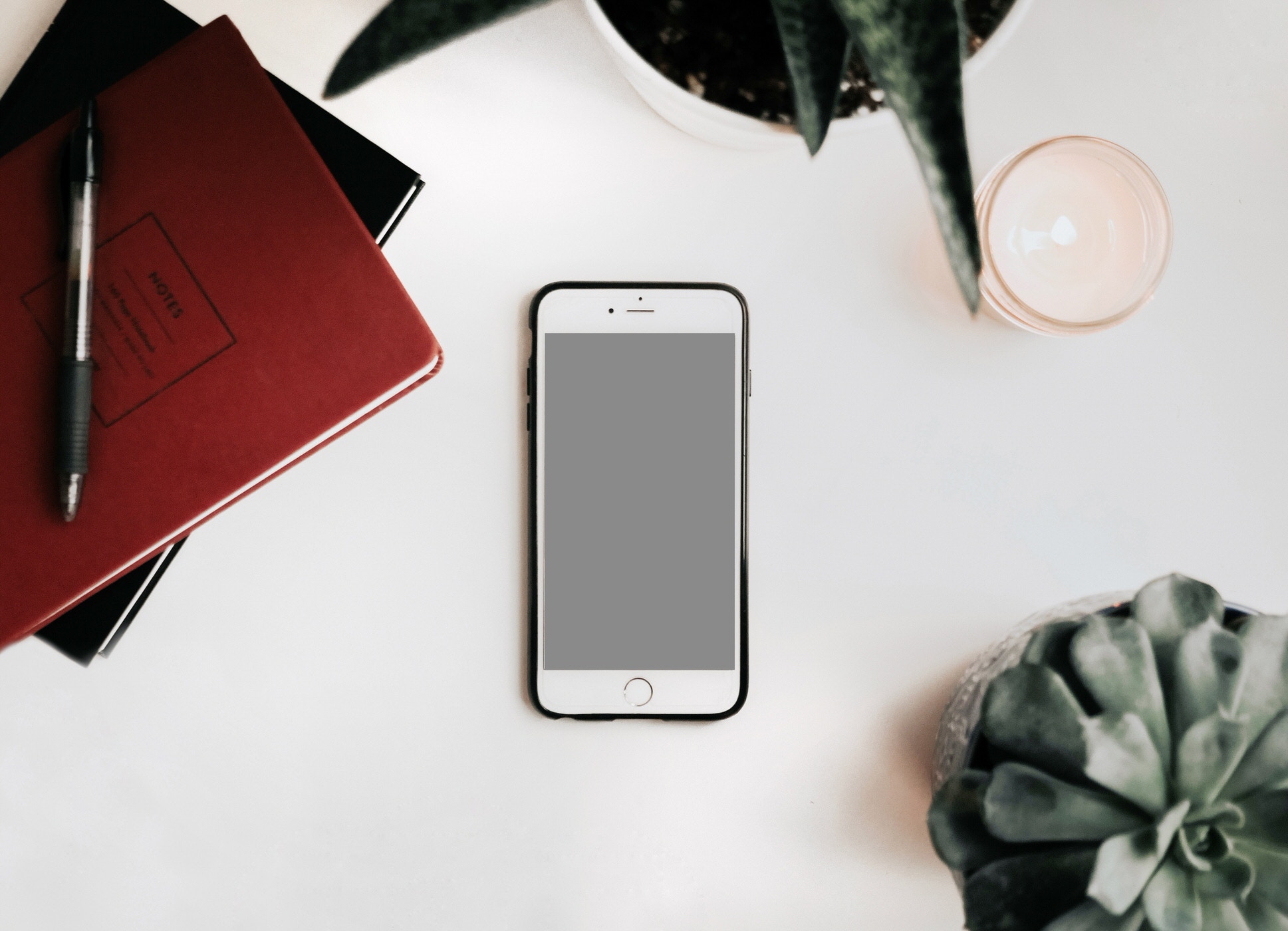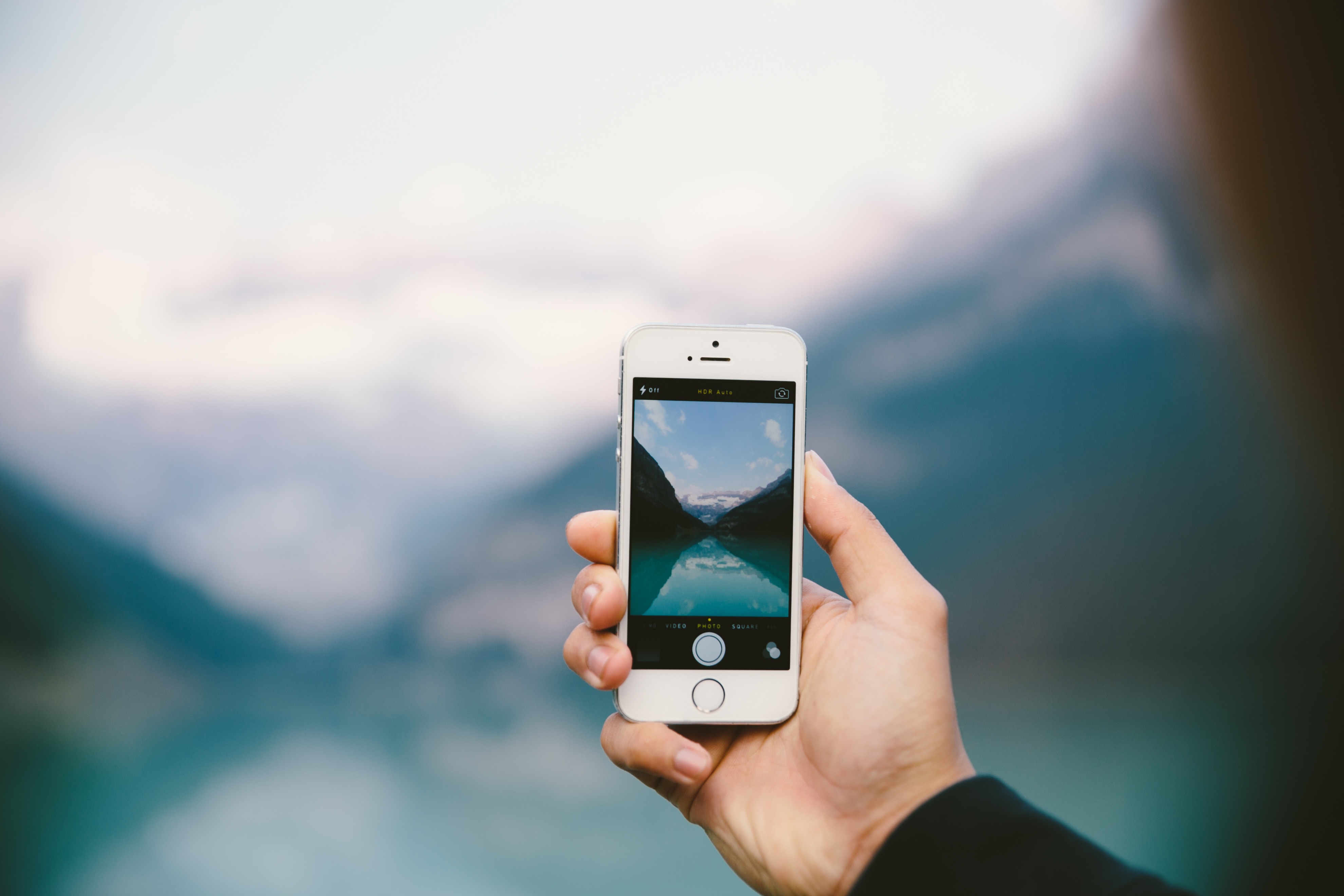I went to a concert a couple of weeks ago, but you wouldn’t know because I didn’t post about it.
On October 8, 2010, I posted my first Instagram. It currently sits at an overwhelming two likes, garnered probably by the artful choice of the Valencia filter I was enthralled with at the time. I look back and fondly remember my relationship with the social media app the first couple of years — I posted pictures purely for digital scrapbook purposes and the only algorithm I knew of was on my friend’s calculus homework.
Oh, how quickly things changed.
In My Feelings/My Take on Insta
If you’re anything like me, having social media accounts like Instagram come with mixed feelings. There’s nothing intrinsically wrong with the app or any social media outlet for that matter.
Where we’ve gone awry is becoming complicit in letting it pervade our thoughts, dictate our emotions, inform our behavior, and worst of all, perpetuate our insecurities.
While there are upsides and good things that come from using it, most of us are well-acquainted with the negative feelings Instagram can elicit, ranging anywhere from sadness to severe FOMO (fear of missing out), from extreme jealousy to rampant materialism. And the thing is, with one swipe of a finger, I ride the rollercoaster of both sides in a wild flurry of sentiments, reeling from the whiplash. Within minutes, I’ve moved from a content, happy state to a suddenly envious, sour mood that becomes increasingly harder to shake.

According to a recent study done by Mediakix, the average person will spend around five years and four months of their lives on social media. That’s the equivalent of flying to the moon and back 32 times, or walking the Great Wall of China 3.5 times.
A little over five years of my life fighting feelings of jealousy, comparison, and discontentment? No thank you.
I didn’t like the sound of that, so I did something about it. I deleted Instagram from my phone.
I started off by abstaining only for a couple of weeks, then when it felt like I had curbed my attachment to the app, I downloaded it again. When I noticed bad habits and cynical feelings wreaking havoc once more, I deleted it again — but this time, I decided I would go off of it for a year. I figured I had lived my life plenty of years without it, I couldn’t possibly miss out on too much.
And I was right.

To Delete or Not to Delete
I might have missed baby gender reveals, dog adoptions, and a few selfies here and there, but the thing is — it felt good to take some time away. Really good.
I remember telling a friend with great pride that I was fasting from Instagram. She then asked me a question that stopped me dead in my tracks:
“But are you really learning self-control if you delete it from your phone entirely, or if you keep it on there and train yourself not to go on it as much?”
This was, and continues to be, such a great barometer for social media motives that I think looks different for everyone. Fasting from anything should not merely be a mindless shallow task, but a pause for introspection and clarity. Whether it’s spending money, watching Netflix, or eating ice cream every night for dinner, there are reasons why we allot our time the way we do, passive or deliberate. So when we make the resolve to abstain from these things, it should serve as a reset — always remembering these things are not intrinsically bad or evil, but if we do not keep a tight grip on reality and truth, it paves the way for a debilitating way to live life.
I feel so loved and known every time one of my friends asks me, “Are you on Instagram right now or not?” They recognize and celebrate the freedom ushered in by the choice to be on it when you need to be, and off it when you don’t.

Check Yourself Before You Wreck Yourself
I’ve heard character described as “who you are when no one is looking.” But I was thinking about how I think character is also equally who you are when people are looking. Because the way I see it, someone’s character is what is consistent of them, when people are around and when people aren’t.
So that’s my personal check for social media — is who I am off screen consistent with who I am on screen?
If I notice negative feelings and thoughts brimming in my mind and heart as I scroll, then maybe it’s time for another detox, time away to re-calibrate again. It is not that jealousy, envy, selfishness, and pride will not come my way; they will. But greater than that is the truth that although these things will come, they do not have to stay.
Instead, you and I have permission to take whatever measures necessary, take however long a break we may need, and take whatever counter-cultural stand we must, all in the name of our own wellbeing and thus, the wellbeing of those around us.
Remember that you are someone with the strength to celebrate others’ wins, to rejoice though their season looks different than yours, to be content with the way your day unfolded even though the invite did not come. Remember that a fluctuating follower count will never amount to what it’s like to feel truly known. Remember that even though you didn’t get a chance to post that it happened, you can rest in quiet security and thankfulness that it did. And when you forget, take a break for a while until you can remember again.
